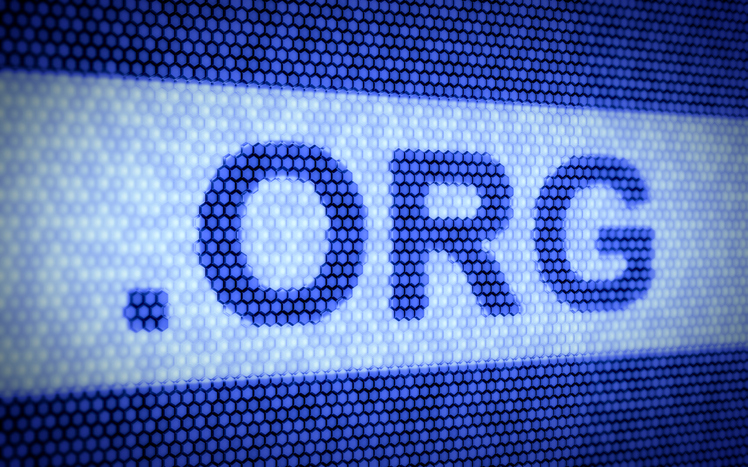Nonprofits worry sale of dotorg universe will raise costs

The company that controls the dot-org online universe is putting the registry of domain names up for sale, and the nonprofits that often use the suffix in their websites are raising concerns about the move.
About 15 people protested Friday outside the Los Angeles headquarters of the regulatory body for domain names, the Internet Corporation for Assigned Names and Numbers. ICANN is meeting this weekend and is expected to rule by mid-February on plans by private-equity firm Ethos Capital to buy the Public Interest Registry for $1.1 billion.
The protesters carried signs saying ``Save Dot Org'' and chanted ``ICANN, you can, stop the sale.''
They planned to give 34,000 signatures objecting to the sale to a board member. Around 700 organizations such as Greenpeace, Sierra Club, YMCA, YWCA and Girl Scouts of America also oppose the sale, protesters said.
Opponents are concerned the cost of registering a dot-org website will skyrocket, and they worry about the potential loss of freedoms of speech and expression if the registry is in the wrong hands.
The dot-org suffix has the distinction of being one of the original domains created in the mid-1980s.
Since 2003, dot-org has been managed by the Public Interest Registry at the Internet Society, a non-profit founded by many of the internet's early engineers and scientists. In that role, the registry collects annual fees of about $10 from each of the more than 10 million dot-org names registered worldwide.
The Internet Society uses some of that money to finance its advocacy and administrative programs, which include creating technical standards for the internet.
It said proceeds from the sale will fund an endowment to provide more diversified and sustainable resources long term. The group described Ethos Capital as ``a mission-driven firm'' committed to continuing the registry's operations.
Although dot-org is often associated with non-profit organizations, it can by registered by anyone, including for-profit corporations and individuals. That won't change with a new, for-profit owner.
But critics worry that a for-profit owner will be more likely than a non-profit to raise registration fees.
The sale announcement said nothing about prices, and a subsequent blog post mentions only that Ethos has committed to limiting increases to 10% a year, the same cap that had been in place until ICANN lifted it in June 2019.
Critics also fear a new owner could change policies and reduce protections for domain name owners, including non-governmental organizations that operate in authoritarian countries.
A website can suddenly become unreachable, for instance, if the suffix owner decides to suspend a registration.
Several advocacy groups, including the Electronic Frontier Foundation and Public Knowledge, wrote a letter to the Internet Society insisting that dot-org ``be managed by a leader that puts the needs of NGOs over profits.''
The suffix has been in for-profit hands before. Before the Public Interest Registry, Verisign Inc. and its predecessor, Network Solutions, managed dot-org, along with dot-com and dot-net.
